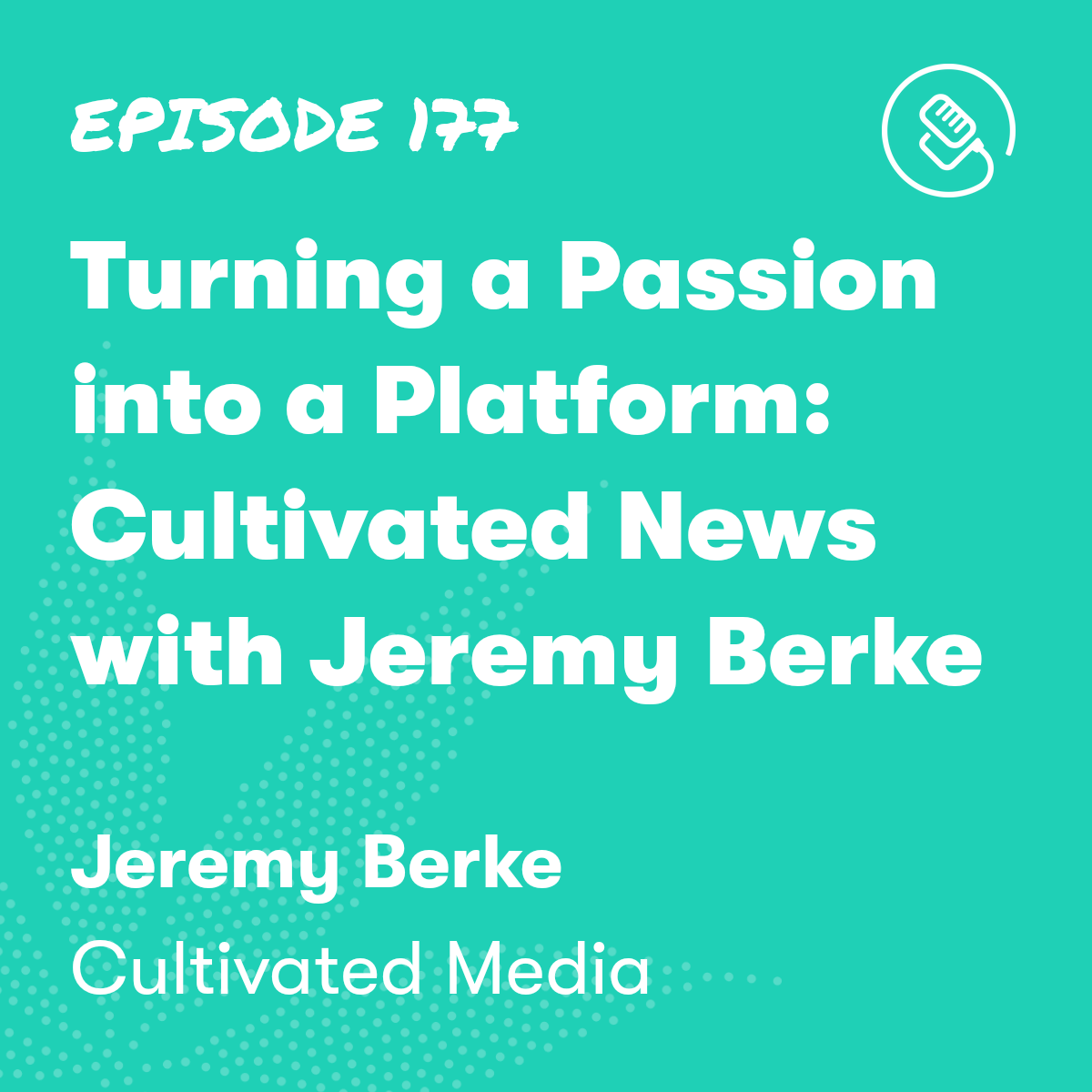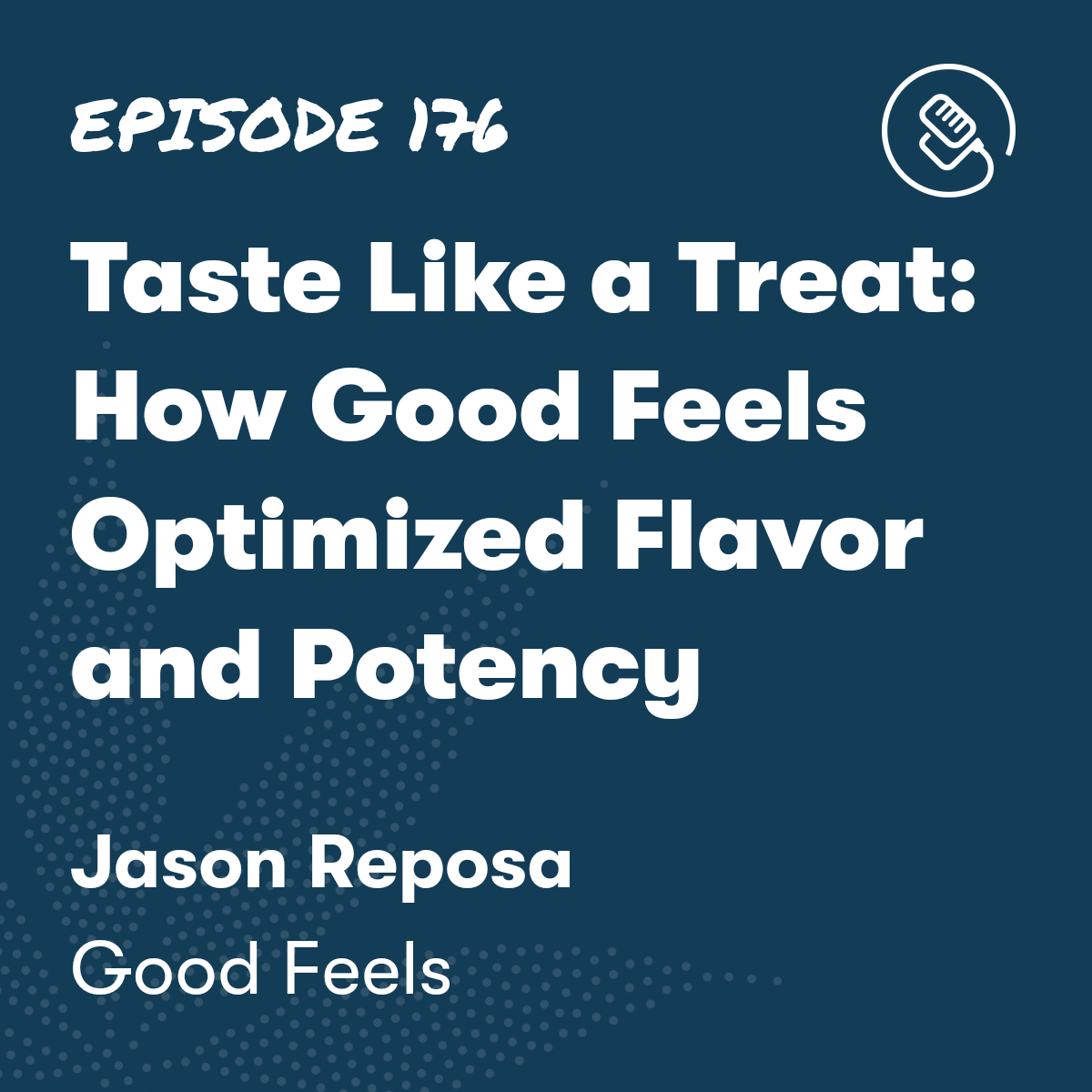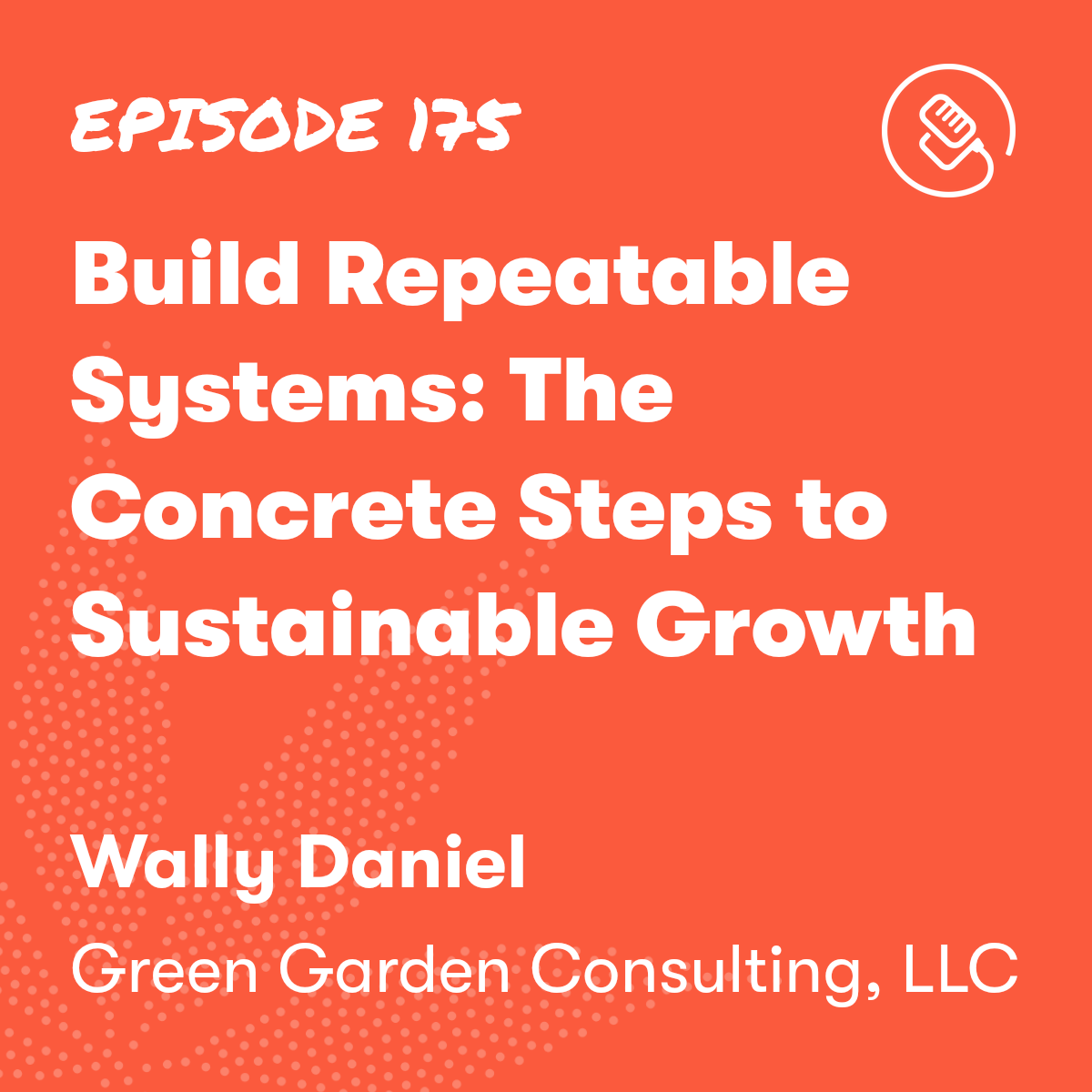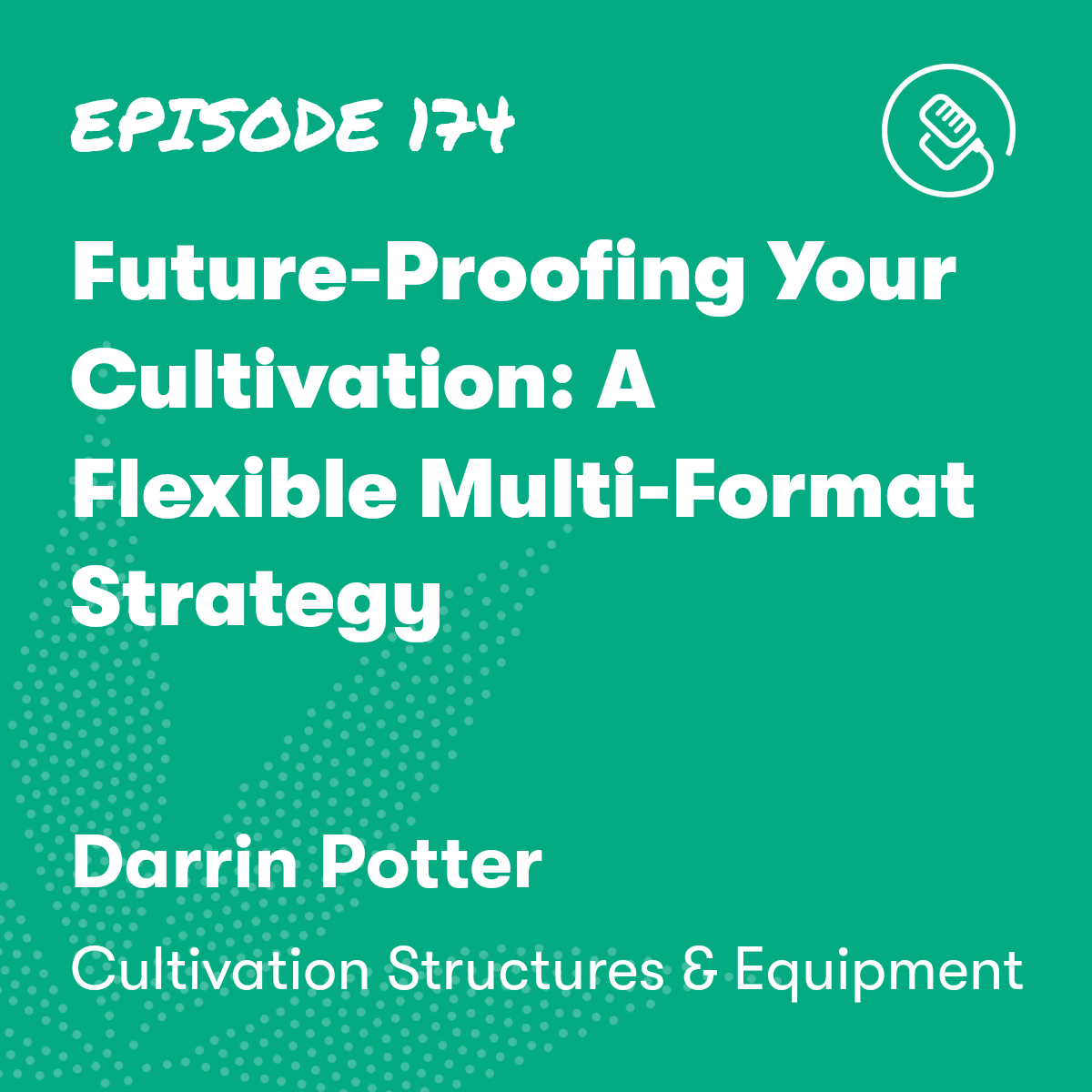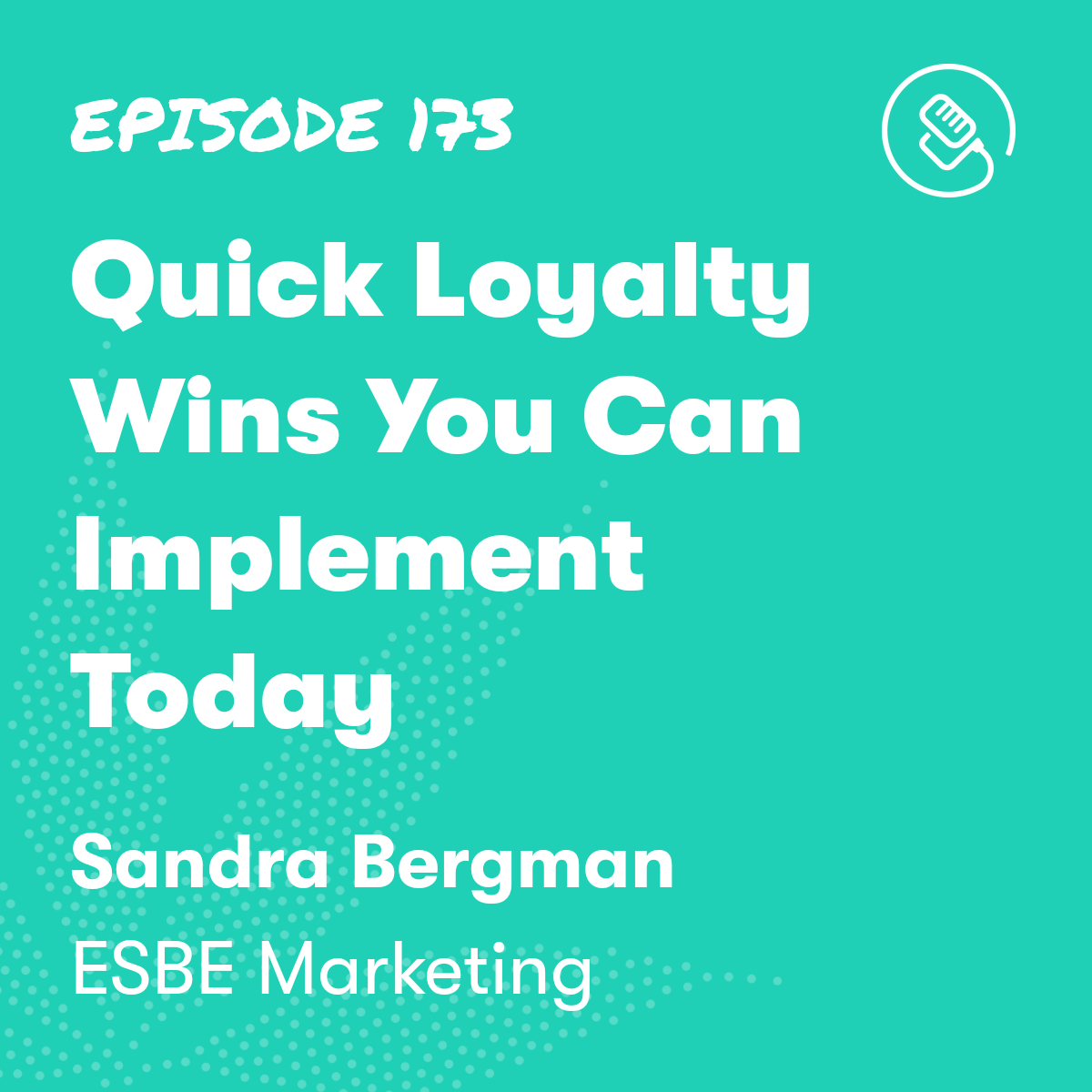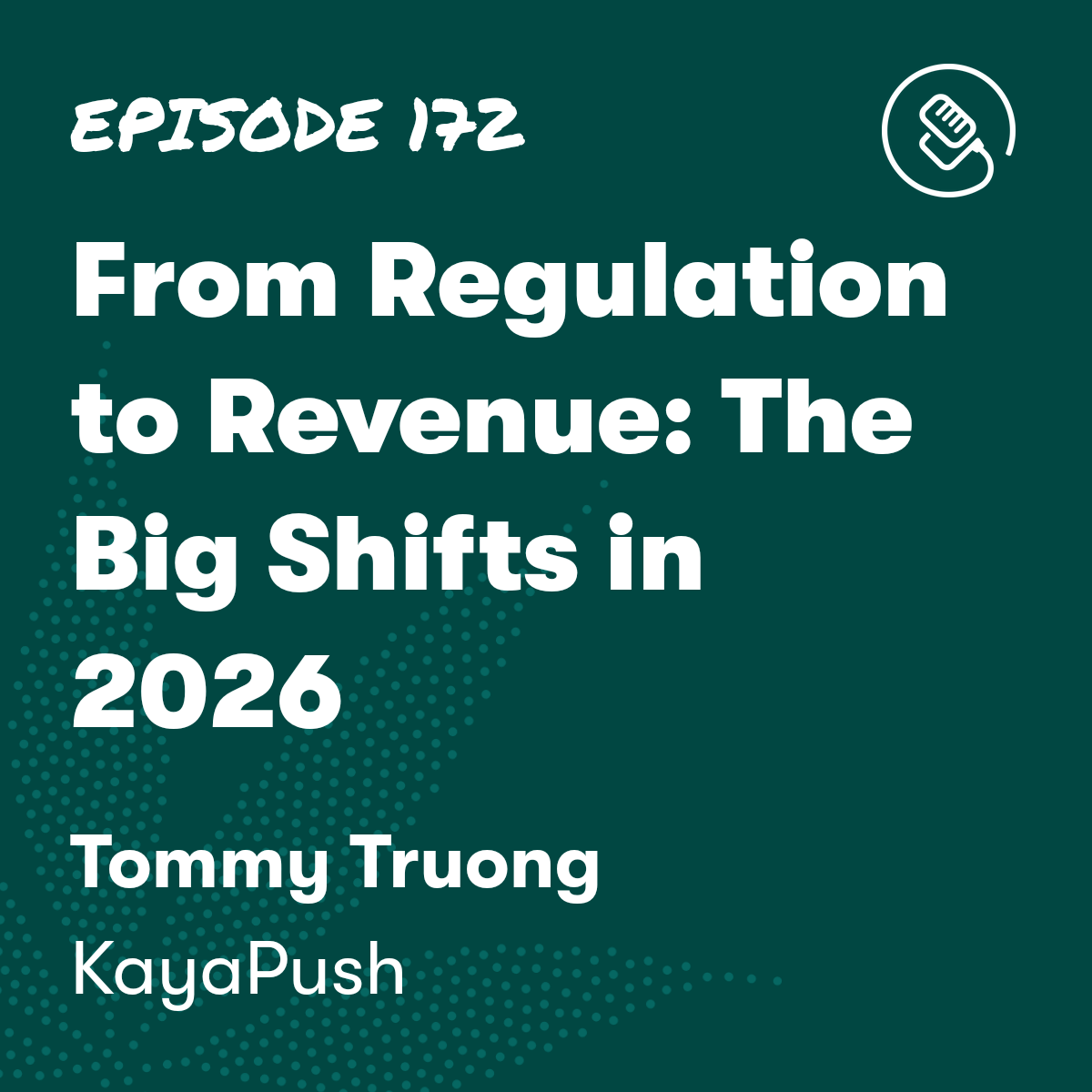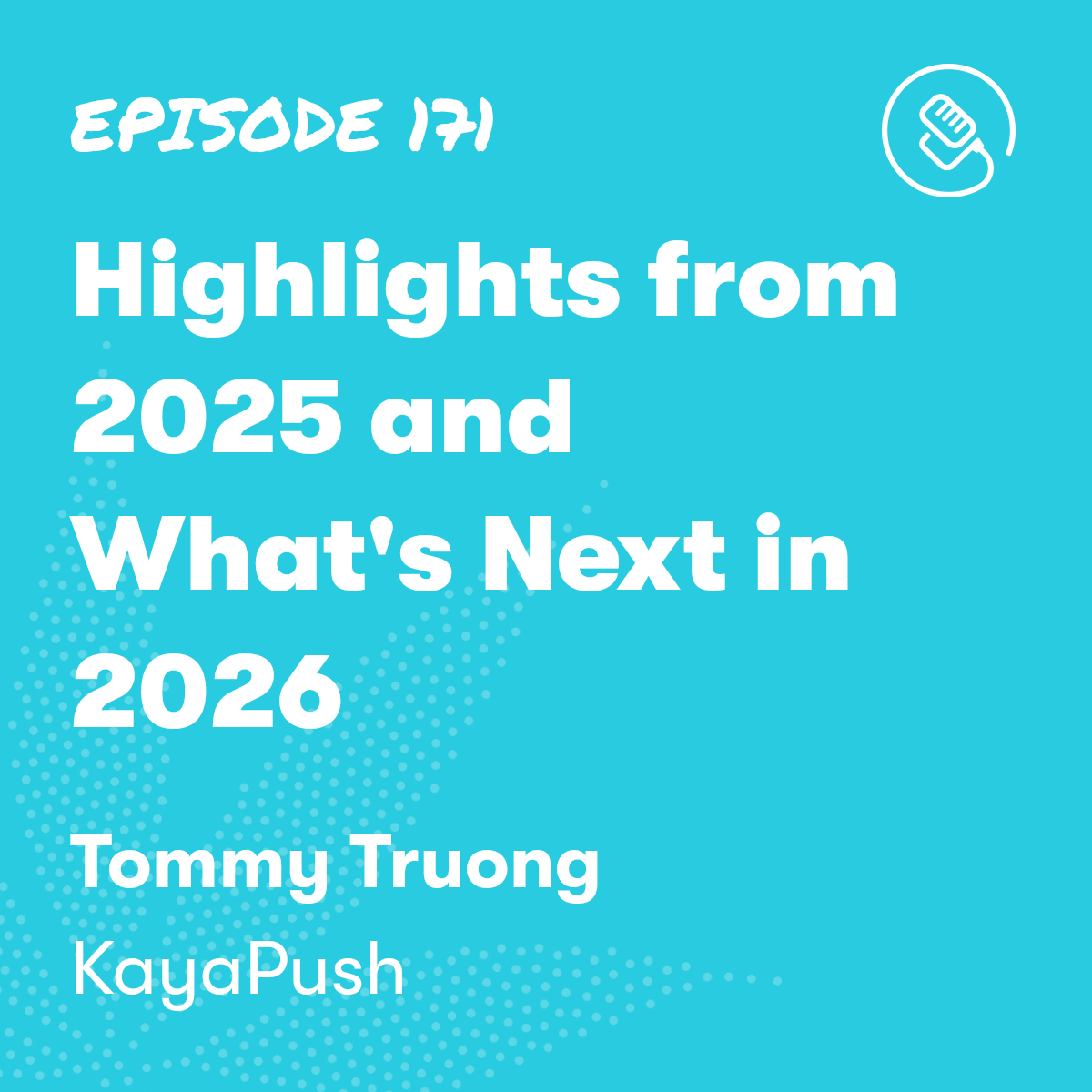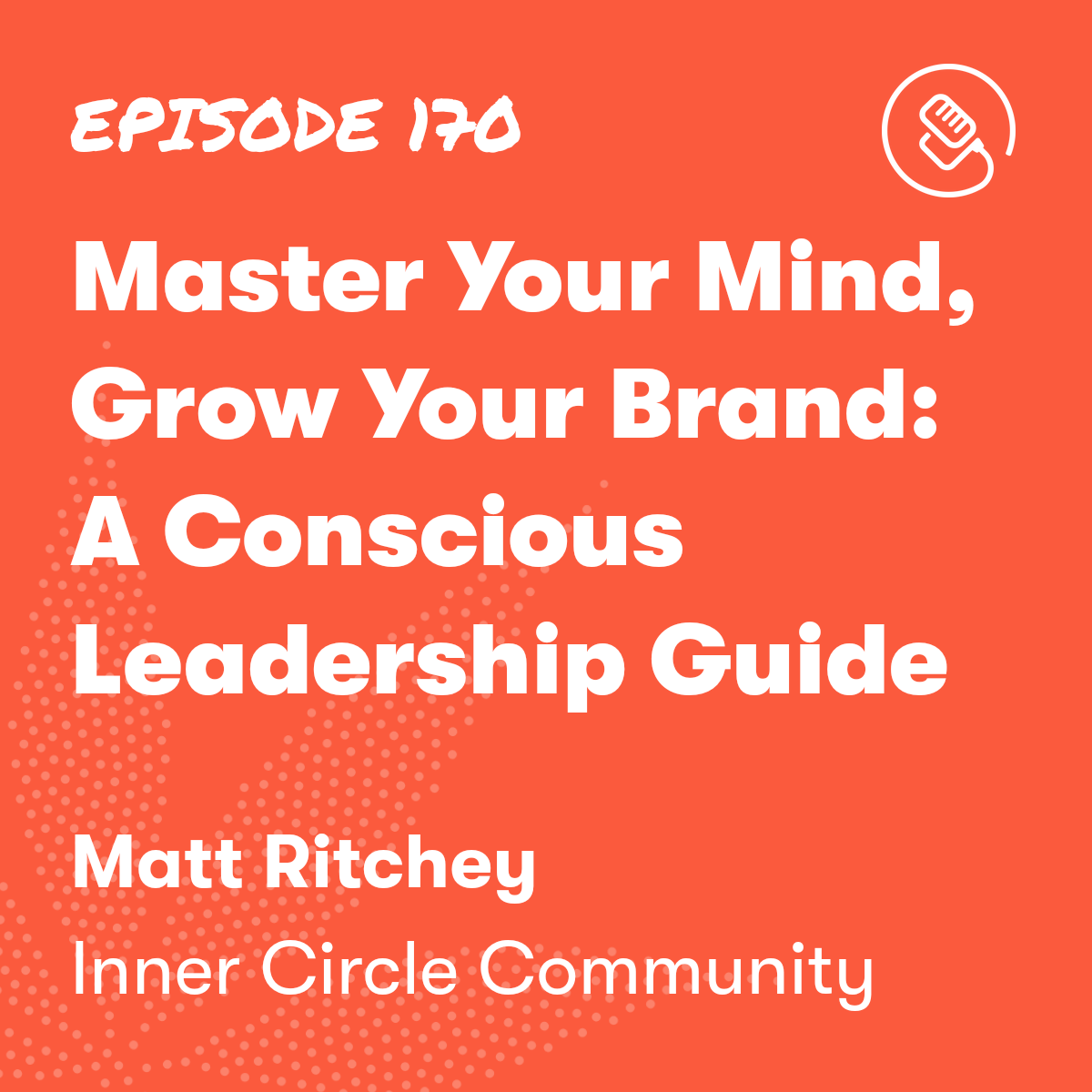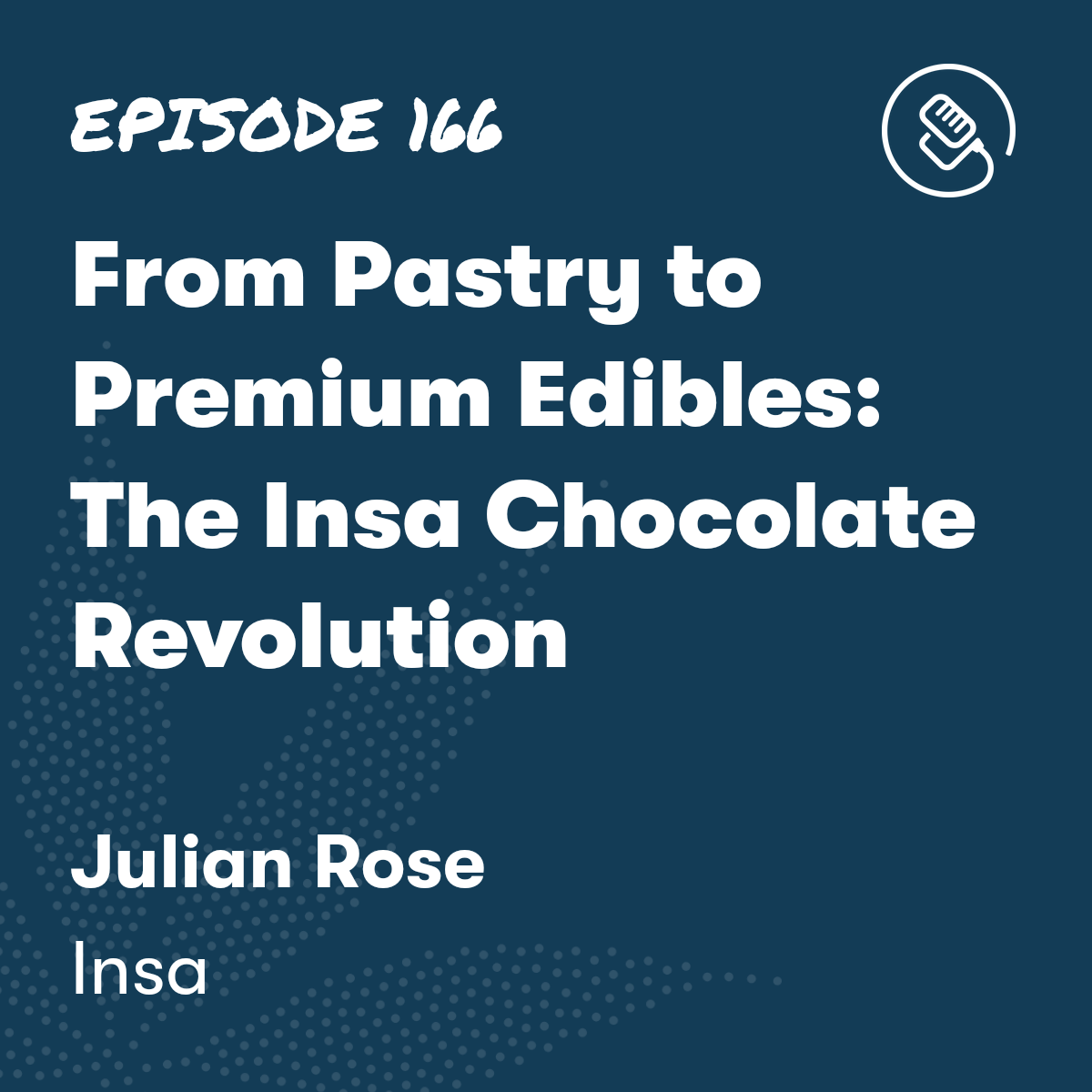

Opening New Markets for Cannabis with Kirsten Trusko (EMC)
Episode Description

Episode Transcript
Tom Mulhern: I am so excited to share another one of my interviews from MJ Biz Con. Today's interview is with Kirsten Trusko, who is the CEO and co-founder of the Emerging Markets Coalition. Kirsten is working with organizations across North America to really help open the banking system and payment system in cannabis.
And we all know how hard it is to get payments, right? In this industry. There's so much legislation around it, and so Kirsten and her team are working to make this a better system. She's working diligently on Capitol Hill, working with legislators who are making the laws that will bring in some of these changes.
She has a ton of experience and knowledge in this industry and in working with emerging markets. She also has another nonprofit known as Payments as a Lifeline that works in the nonprofit, uh, space for disaster relief. So she is a wealth of information, and I hope you enjoy this conversation.
Tom Mulhern: Kirsten Trusko is the CEO and co-founder of Emerging Markets Coalition. An organization focused on normalizing financial services for underserved markets, currently focused on cannabis related industries.
Previously, she led the successful drive to normalize marginalized underserved markets and help drive advocacy to change legislation and regulation in emerging markets.
Kirsten's pro bono work is in anti-human trafficking, especially engaging the financial service industry to partner with law enforcement and governments to find and follow the money trail. Kirsten, welcome to the podcast. It's great to have you here. Have you been to MJ biz before?
Kirsten Trusko: I, I've been a couple of times and coming out of FinTech and banking. And insurance. Very calm. Yes. Rational. I've tried to explain to our EMC members, this is not that. No, no. This is entirely different.
Tom Mulhern: I've been to some broker insurance, broker events, and they're nothing like this. Mm-hmm. . This is a whole different world,
Kirsten Trusko: But it's an emerging market. It is, and that's what's exciting. From a, a, a career of being in moving money in FinTech and, and banking.
This is an emerging market. Yeah. This is one that is grossly underserved by the financial services industry. And I think a lot of it is because the just don't understand the market. There's all these preconceptions that are old. Yeah. And a lot of this is education.
Tom Mulhern: Well, and there's so many, there's so much stigma around this plant.
Mm-hmm. and, but that there's so much opportunity Yes. As. So tell me a bit about your background. Obviously you have a background in insurance and FinTech. Mm-hmm. , tell me about your background and then how did you end up with all these cannabis people?
Kirsten Trusko: So I ended up here by accident. Okay. I have always f once I left I was with KPMG for years.
Yeah. Very buttoned down. Right. Banking and, and payments. And chose to move to emerging markets to where, where the industry was going. Versus where it's been. Okay. And so have worked for years with Fortune 100 down to earlier stage startup. So with, with cannabis, you mentioned in the intro anti-human trafficking Yeah.
Is my pro bono work. So this was in 2019 and I got a call from our law enforcement friends that said we have a anti-human trafficking. It's, it's about a child. And get your geeks together. You're gonna help us follow the money to get way up the food chain.
I said, there's no electronic trail here. Where'd you get this? And they said, well, it's cannabis, so it's all cash. I'm like, isn't that stuff legal? Like God, you're so stupid. And that, that kind of got me in to, well this is an underserved market. Yeah. And having worked a lot in anti-money laundering and anti-human trafficking we learned if there's a bunch of cash sloshing around that the authorities can't see the bad guys.
Yeah. So this was, was by accident, but it parallels really well. Another high risk industry that I also ran a, a trade coalition for, it was prepaid back in the day. Okay. And it was very similar to what cannabis is now. Misinformation vilification, not a lot of proper rules for banks and FinTech. So I went to my co-founder and said, remember we did that a few years or years ago?
Let's take that same playbook and drop it in here. So the, the playbook includes proactively going to the federal government, legislators, regulators, law enforcement, and educating on the facts, not the fiction. And helping to create what, what are the rules for this? So that more financial services companies will come in.
In our past life, we even got the IRS to change the rules for us. Oh, wow. Which is, it's not easy. But we've got a playbook and because we've spent so many years on Capitol Hill and with IRS and law enforcement and never embarrassed them, never lied, never, never put them in a bad position. They're much more open to talking to somebody with whom they already have a relationship, even in a high risk underserved market.
Tom Mulhern: So, you know, obviously you have a passion for this nonprofit. Where did that come from? Like, what was like, what inside of you that kept you from just being a regular old banker?
Kirsten Trusko: So what attracted was each of us has our gift, right? Mm-hmm. We each have our, our, our expertise. And in my case, it's ferreting out how to move money for good. And then bringing in this network of fintechs and banks and government and law enforcement and bringing us all together and say, look, if we as the good guys don't come together, yeah, the bad guys win.
Same cannabis and, and disaster and all kinds of things would I do for a living that actually pays my kids tuition is market entry strategies. So it's helping either financial institutions get into new markets or new markets saying, Hey, I wanna better understand FinTech payments, insurance, whatever.
Tom Mulhern: So as a consultant, you probably work with all different agencies or different industries?
Kirsten Trusko: Yes. And purposely the ones that, that want to go into a new market. If, if you're in an industry and you wanna increase by 1%, go find somebody else, right? This is really about dynamic high profit growth. But, but you gotta be open to something different than what you've done for the last 10 years.
Tom Mulhern: And is it hard for those companies do things differently or is it like, cuz I mean, when it comes to financial services mm-hmm. , like, you know, the trusted true, yeah path is the best path. And going into these emerging markets like that must be pretty risky.
Kirsten Trusko: It is, but I, again, I'll go back to the, the relationships. I'm so grateful for having way too many years in the industry and you build these relationships of trust where a lot of the clients that come in there's been several. Industries over the last 10 years. 10, 15. Yeah. Where I've said, okay, you do x 10% outside of X is this other thing. Let's, let's take you in there.
You never wanna scare 'em to death. But these are opportunities and there's not that many places in payments and FinTech and insurance that are net new. It usually is one or 2% growth. This is a whole nother industry. Both of those are actually,
Tom Mulhern: So let's break down EMC, like you said, payments, insurance. Like what, what do you guys do on a day-to-day basis?
Kirsten Trusko: So it is a, a coalition. So EMC's role is to connect, there's three legs to the stool if you think about it. There's government, there's the financial industry and there's the cannabis industry. Okay. Three industries that generally have not interacted much.
Generally don't understand each other or trust each other. So by again, having the relationships, we can bring in law enforcement and cannabis and say, yeah, there's some bad players out there, but most of 'em are really good. If you understood the processes, if you understood the good players, and it's, it's worked that way across all these different pieces.
So EMC is all about money. So insurance, banking, payroll. investment, lending, whatever. But EMC is the connecting, it's a, a non-profit. It doesn't own the platforms. It brings the platforms, brings everyone together. But you don't just get to join if you're a jerk. Right. You have to actually have a clue and have a good intent and you gotta have some decent technology. and it's worked for both organizations.
Tom Mulhern: Where are some of those really underserved areas? Like obviously you're working in cannabis, but what are some of those underbanked, underserved emerging markets that you're working in.
Kirsten Trusko: So you can look at it by vertical industry, which is how I usually do. And any place where banking is harder to get. So in the US there are 50 million people without bank accounts. Oh, wow. For all different reasons. Right. So explaining that to a Canadian or a European go wait, you know, bank accounts, what's.
But there's nothing wrong with them. Right. It's, it's for different reasons. So, underbanked and underserved.
Tom Mulhern: What are some of those reasons, just sorry to interrupt, but what are some of the reasons that they wouldn't have bank accounts?
Kirsten Trusko: So in some cases it's people who've come into the country from other countries where, pardon my language, their banks or their government screwed 'em over.
Right. So they don't trust it. Some, it's what's called a thin file. So like, my kids are teenagers. So to get a bank account, , especially if you've ever bounced a check. You need somebody to come in and, and help you with it. It could be that you had a bad period in your life and you bounced a bunch of checks.
Well, there's a list that keeps you off of, of getting a bank account. Oh, okay. In cannabis sometimes the challenge if you if you have a conviction of, of whatever level in law enforcement, it's, it's hard to get a bank account. Now there's some things going on with expunging that, that will help with that.
Tom Mulhern: What do you see as the, the biggest road block? Financial roadblock for dispensaries out there. Obviously there's the emerging markets and, and that would be cannabis. What is that roadblock that's standing in the way of it being more normalized?
Kirsten Trusko: The biggest, which everybody will tell you is it's legal status, at the federal level. So I go to these conferences and, and experts get on stage and say, if we pass the Safe Act, every bank is gonna come flooding in and Visa, MasterCard, and No, that's not true. We could geek out on what the Safe Act is, right? Yeah. But it's, it's a high risk market.
And if you take another high risk market that's older liquor. There's not very many financial institutions that'll serve the liquor market or gaming. Financial institutions are conservative by nature. Now are you gonna have every financial institution even once it's descheduled?
No, because it's still high risk. But you would have a broader base. And part of what, what EMC does, Helping on the financial services side so that more of the industry will understand the market and not just be deer in the headlights. No, no. This is a highly regulated market, guys. You just don't understand it yet.
Tom Mulhern: It's so regulated. The, the actual product in a store, we've got safe, so we've got cameras, we've got all of that.
That like, it seems like it would make more sense to, to bank on a cannabis company than a clothing company or, or a grocery store. The risk isn't as high, I think, as some people think because it is so regulated and so controlled.
Like, you know, the, there's a, it seems like there's a higher risk in just a regular 7-Eleven than there is in a dispensary because you've got security and all that stuff.
Kirsten Trusko: Convenience stores are high risk market too. They are. That's, that's true. So part of it, and this, this is part of the, the education on the cannabis side is, there's technology.
There's fraudsters, there's good guys, bad guys that as, as financial institutions, we saw their tricks 10 years ago. And so spending a lot of time with this industry, there's a lot of opportunities to improve to, to become more cutting edge.
There's so much opportunity just to share with the cannabis industry what other industries are doing that is cutting edge. Yeah. One of our big cannabis colleagues she said, I want you to do a series called Think Like A Bad Guy, because she'll call me on a Sunday and say, you're not gonna believe what happened at this dispensary.
I'm like, yeah most even retailers wouldn't have fallen for that. It's just that the training isn't there. You are never going to be fraud proof ever. But you wanna make yourself a harder target than the next business. Because they're lazy. They'll go after the one that's easier.
Tom Mulhern: Going back to that safe banking, what would the Safe Banking Act Act being passed, what would that do for our industry? And you see that happening anytime soon?
Kirsten Trusko: The good thing with safe banking is that it is a step forward. The the challenge is it solves within the states themselves. It does not solve when you cross state lines.
So any regional bank, any card, network, visa, MasterCard, s Discover, any insurer. Anytime the data or the dollars related to Dollars crosses state. It doesn't fix it. Yeah. So it's, it's, it's helpful but it's so frustrating to, to hear experts thinking it's a panacea. It's not.
So then the next question was, what's the chance of it passing?
Part of The challenge is some people say, just pass it. Yeah, just pass it and we'll fix it later. And others like, no, no we want all of these, we call it a Christmas tree on Capitol Hill.
Add all this other stuff. And that's what's, what's slowing in down. And there's safe, there's safe. Plus there's, there's all of these.
Tom Mulhern: What would it take for us to kind of get out of our own way and like rally together and pass something that is actually gonna be beneficial? Because it, it sounds so confusing and it sounds like the more stuff we add to it, the less likely it is that it's gonna pass.
So in my experience, we need to band together and it's not cheap, but what's the cost of losing your business?
Kirsten Trusko: What's the cost of an 85% effective tax rate? But I would welcome anybody who wants to have that discussion cuz we've got the, the friends and colleagues in the federal government. We've got 'em in the IRS, we've got 'em in law, enforcement. We've got the financial services folks would love to have a, a real collaborative discussion with those in cannabis who really want to make a difference. But you can't do it on your own.
Tom Mulhern: You spend a lot of time on Capitol Hill and, and working with the government. Do you find that there are some people that are really open to the idea of making this no longer an emerging market, a market a viable market.
A viable place for people to build businesses? Or is there still a lot of pushback to, to that?
Kirsten Trusko: Well, it's interesting what they will say during work and what they'll say after the third glass of wine or third beer or whatever. Right. So even the most far, far right conservatives I've met, met with one of them. And I got into his office and he said you need to leave. You didn't tell me you were gonna talk about pot. I thought you were coming in for FinTech. He said, well, that that'll never be legal in my state. And I said, well, but it's legal in all the states around you.
So that money is in your schools, it's in your streets, it's in your banks. Now you can hide under your desk and pretend it's not there. Let the bad guys run it or you can come on out and, and help the good guys and well, alright, what do you need? But don't ever use my name.
But the voters have spoken and that's when some of the discussions it doesn't matter what you think. Mm-hmm. your voters spoke and there's some tax opportunities here, which they love. The tagline for EMC is making all transactions transparent, traceable, taxing. So both sides of the aisle like that, right? They're like that. Fairly taxable, but but it's, you have to have the right rules that are there and, and the way to validate if, is that a gray market or is it a properly licensed market sale. Where's the money? Follow the money. So it's, it's not easy, but we've done it before. We have the playbook. It just takes enough players at the table.
Tom Mulhern: What sort of technology do you use to track that money?
Kirsten Trusko: So the good news, all the technology is already there. It's just bringing this industry, getting those who offer the technology to offer it to this industry. Right. And this industry adopting it, but if you look at cash, right? All higher risk markets are cash high cash.
Right? So instead of just taking cash in and sticking it in a drawer and putting it in a back. You can work with a cash recycler. Mm. Which would bring the cash in. It captures it. There's a whole process to that. Right. It's used in inconvenience stores already.
Having real life banking and real life payments. Just like you have in other industries. So it, everything is there and then you have to have the proper insurance. Right. So it's, we just need enough people at the table to. Yes, I, I wanna help with this. And it benefits all it does.
Tom Mulhern: Well, and it's, you know, at the end of the day, it's, it's business.
I think that it's gonna win over those people. Like you said, that conversation you had, like Yeah, but the taxes, like, you know, like at the end of the day you do, you want your schools and streets and all of that, and if there's a way that we can really get that message out and destigmatize our industry and say this is not the, the devil you think it is?
Kirsten Trusko: One of the things that I found that's really helpful as a banking geek, right? Mm-hmm. , is if you've, if you're working with someone who's already got those relationships on the hill of law enforcement, what have you and there's already a trusted relationship, then we already have an an in to go talk to that crabby member of Congress I told you about, right?
But if you go in. and they don't know who you are and you're not being introduced by somebody they already know and and they don't already trust you, it's much, much harder.
Tom Mulhern: How have you been able to get access to these people? How have you been able to get in to some of these meetings with people that obviously are not the typical cannabis audience?
Kirsten Trusko: When you go in as a financial services banker, that's done higher risk and again, has never embarrassed the member of Congress or media never, never lied, whatever. You can get in and say, Hey, you know, that other industry that, that we've worked together on, I've got one really similar that's in a very similar state to where that one was back in the day.
Remember how we worked? And how well we did together. And it's, they'll go, yeah, yeah, I, I remember that. And, and you always want them to look like a hero, right? So there's all kinds of ways to do that. But you have to have that entrance point. And you can't do it cold. And I don't care how much you pay a, a lobbyist, if they don't have the relationships, it's not gonna work.
Tom Mulhern: I'm curious about your nonprofit work with the tracing the money for human trafficking. I have, I've been involved with IJM, yes. International Justice Mission. you know, They work with local officials and everything, but at the end of the day, it really is tracing the money if you can stop the money. So tell me a bit about your work there.
Kirsten Trusko: This is when I was running the other trade coalition. And I was coming off stage as a very senior law enforcement said, just so you know, I think you're a money launderer and a human trafficker. He like whispered it as I'm going on stage. Oh man. So imagine that, right? Yeah. So afterwards I cornered him at coffee. I'm like, obviously you had a reason for saying that. Right. And he was just full of misinformation.
But what happened is he said, well then teach me and, and teach my other alphabet soup agencies. Right. Yeah. And my on the ground IJM kind of folks what is it that could be happening with money movement and show us how to write a subpoena.
And show us how to work with the money geeks. And I said, great. The money geeks need to know that you're gonna be collaborative. And, and so there's all kinds of privacy rules in the US on, on money movement. So we had to get lawyers involved on what are we allowed to share.
But it, it went from this very adversarial relationship to collaborating to say depending on how the money came into the system if you've got a good FinTech expert, they can show you where it's moving. And, and just one example. So I was in church one morning and got a call, it was like 8:30 in the morning, and it was a friend who's a US Marshall.
I'm like, I had to crawl over all these people. Darn well be good. And she said we have a a criminal if, if the Marshall is after you, you're convicted, and they've grabbed a kid. I was in Texas, south Texas. And she said, and I know that, that this is the bank and they're using this kind of card.
Tell me where they're going. Hmm. Well, luckily we already had all the privacy, all, all the stuff that, and I knew the bank CEO did the same thing to her. Right. Called her out and it was follow the money, and caught the bad guy and rescued the kid. It's not very often as FinTech people that you get to help heroes.
We just move money, right? We're not heroes. But you get to help and that's where on whether it's payments as a lifeline or anti-human trafficking or, or EMC. As people who move money, we can just do it for profit. But there's also unique knowledge and unique expertise in relationships that can be pointed for good.
That's the anti-human trafficking, but on the payments as a lifeline and, and emerging markets coalition, those are profitable businesses. Net new profitable businesses that most folks within financial services are either aren't aware it's even there or they've got some stigma about it.
Tom Mulhern: I think the work you're doing in all of those areas is so key and it's, and it, it really is connected. Like, I, I love the fact that like, your passion, it's, it's, it's coming from a place of wanting to help people. Yeah. And I think at the end of the day, that's really what everyone that's here all however many thousands of people there are, we want to help people.
We have, we're working in an industry with a plant that helps people. Yeah. You know, I, but unfortunately there's the stigma that it harms people, but there's a system that's harmed people. Yeah. You know, the war on drugs and all of these things that. Hurt marginalized communities. And I think, I think what you're doing is, is so important.
And, and that's why like I think you need to get up on all the stages and share, because it is, it is all about tracking that money, following the money and empowering people to follow their dreams.
Kirsten Trusko: Your passion is also shared and the more that we can get the message out there should be a lot more Fintech, insurance, payments, banking, lending, investing in this segment. At a, a more reasonable price. That means we need more.
Tom Mulhern: Well, and that's what we're working at Kaya Push. We're in HR management because we know we want to empower those bud tenders. Yeah. And make it easier for dispensary owners to open the businesses, follow their dreams.
And, you know, I've heard so many stories of people that are like, this is my, this is my dream, is to open a business. I'm passionate about cannabis and they're going for it, but it's so hard if there's no banking. So we need to keep working to make that available to people.
Kirsten Trusko: Well, and not just core banking, but yeah, the bud tenders.
I've seen cases where their mortgages were called, by the financial institution or we're not taking your, your payroll anymore, whatever it is. So we really need to educate enough so that it's fact based. Even with HR
the, the cannabis owner, business owner is competing with other vertical markets.
Other vertical markets give retirement. There's all kinds of things that have to do with HR that are harder for cannabis business.
Tom Mulhern: What would be your advice then, your nugget for those people in those underserved markets, give some hope out there. For those people that are like struggling, what would your advice be to them when it comes to the financial services?
Kirsten Trusko: So if we look at cannabis specifically. As an underserved market. I mean, I started in 2019, which isn't very long, but it's like dog years.
We've made a lot of progress since then. All these clients I've had for years that are household names you would know in financial services where 2019, they're like, wait, you're doing what? Have you lost your mind again. And now they're in the last 60 days, they've come around to say, you know, that industry, could you help us better understand it?
And so we're starting these conversations and the projects start in January. So you could see a lot more of these offerings. So I would hold out hope for that. Our lawmakers are becoming younger, right? Mm-hmm. We saw that in in the election. And more open-minded and even the right wing goofball that I told you the story about.
I could watch his eyes change from, get the hell outta my office to, okay, you got a point . You don't have to leave. So we're making progress. No matter what industry is, I don't care how big the business is, there's more power together. You could not have the same impact on all these places we're talking about federal government, state government, law enforcement, irs by yourself.
Tom Mulhern: We gotta work together. Yeah. So if people wanna find out more about the work you're doing EMC, like how would people connect with you? Are you, like you said, are you, are you looking for people to join the coalition and how would people get connected?
Kirsten Trusko: So if you go onto emcoalition.org at the bottom is a contact piece there. EM Coalition is is just b2b, right? So it's not consumer facing. It would bring together whether you're a cannabis business, cannabis related financial services we've even got some government folks that.
A lot of our members are names are not listed. They're company names for all the reasons you might guess. But get involved. And this is a different industry probably than most have been in, or if you've been in cannabis for a long time. I'm sorry. How Capital Hill works. It that, that's how it works.
You don't have to like it. But participate or not, but don't whine. It's your choice.
Tom Mulhern: I would encourage people if the, if you feel passionate about this to reach out to Kirsten, and thank you so much for taking the time to share your passion, share your your work that you're doing, and I, I just want encourage you to keep, keep going.
Kirsten Trusko: Well, thank you very much.
Tom Mulhern: This is fun. Yeah. Yeah.
Tom Mulhern: I think the biggest thing that I took away from that conversation was really that we need to work together and that it's gonna take time, it's gonna take money, it's really gonna take people stepping up as an industry banding together to make the change that we need to see in this industry.
And people like Kirsten and the team at Emerging Markets Coalition and, and everybody that's working for this fight. I applaud you because you are the ones that are the change makers in this industry. So again, check out, their website, all their links and everything will be in the bio and on our website, kayacast.Fm, where you can find all of our past episodes.
You can find interviews. So again, thank you for listening to the podcast. We appreciate all of the feedback we get on reviews on subscribers and even emails and messages on social media.
